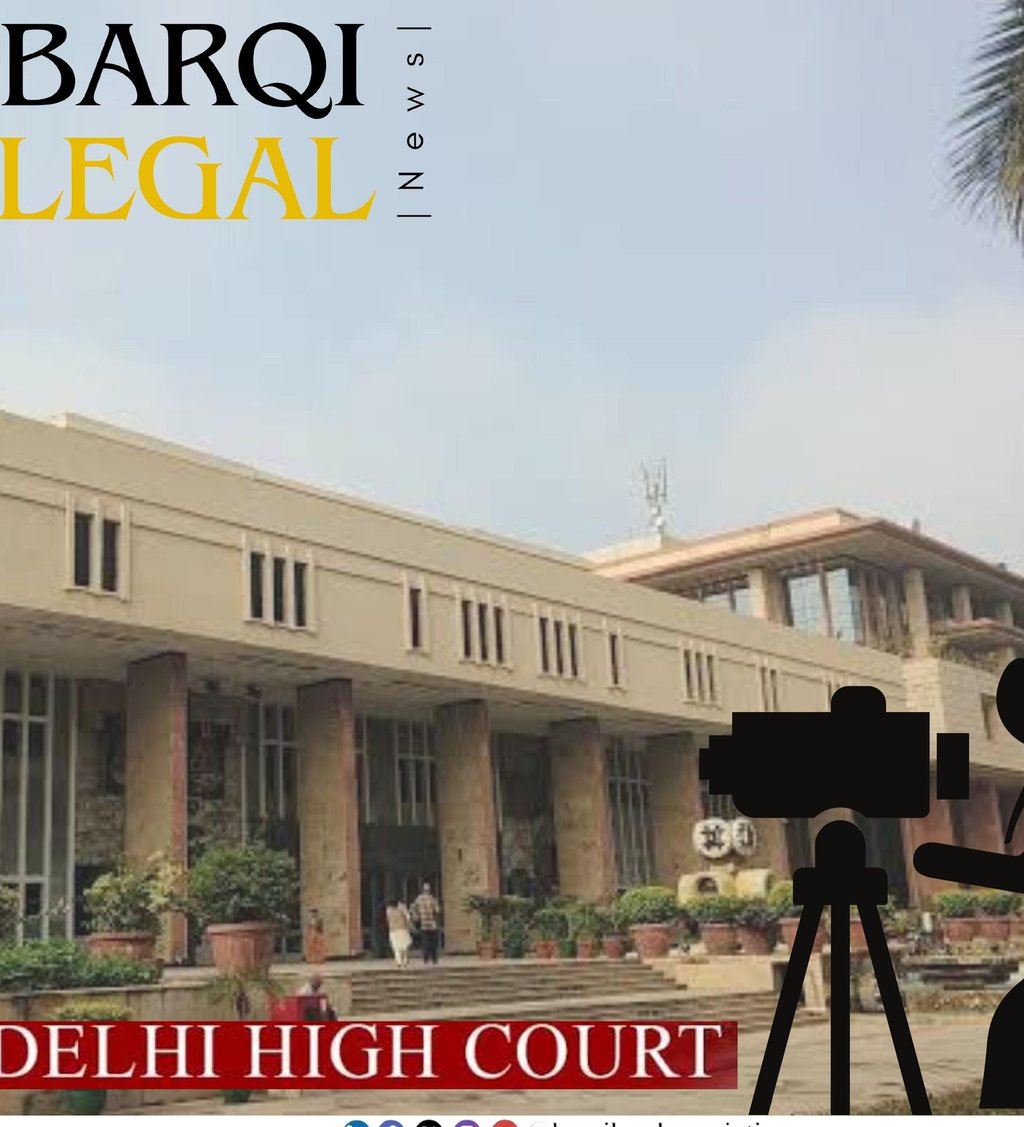Delhi High Court: Video Recording of Bail Proceedings Under SC/ST Act Mandatory, Even for Sexual Offences
The Delhi High Court recently ruled that all proceedings under the Scheduled Castes and Scheduled Tribes (Prevention of Atrocities) Act, 1989 (SC/ST Act), including bail proceedings, must be video recorded, even if the offences involve sexual crimes against women and children.
9/8/20242 min read


The Court clarified that the legislature did not exclude sexual offences under Section 3(1)(w) and Section 3(2)(va) from the video recording requirement in Section 15A(10). It is clear, the Court said, that the legislature intended for the provision to apply to sexual offences under both the SC/ST Act and the Indian Penal Code (IPC), even when the victims are female, whose identities are protected by law.
This decision came during the hearing of a bail petition filed by Laxmi Narayan, who stands accused of raping and murdering a minor girl from a Scheduled Caste community. He was charged under various sections of the IPC, including rape (Section 376) and murder (Section 302), aggravated penetrative sexual assault under Section 6 of the Protection of Children from Sexual Offences Act (POCSO Act), and sexual atrocities under Section 3 of the SC/ST Act. The complaint was filed by the victim’s father.
During the bail hearings, the complainant’s lawyer, Mehmood Pracha, argued that since some of the offences in the case were under the SC/ST Act, Section 15A(10) mandated the video recording of all proceedings, including bail. He emphasized that this was a right granted to the victim under the SC/ST Act, which must be upheld.
Opposing this argument, Additional Public Prosecutor Ritesh Kumar Bahri and the accused’s counsel referred to the Supreme Court ruling in Nipun Saxena vs. Union of India, which prohibits the disclosure of a victim’s identity in cases under the POCSO Act. They argued that the provisions of the POCSO Act and Section 228A of the IPC, which penalize the disclosure of a victim’s identity, should take precedence over Section 15A(10) of the SC/ST Act.
However, Pracha countered by stating that Section 15A(10) only mandates video recording and does not concern itself with the publication or dissemination of these recordings. He further argued that the safeguards under the POCSO Act and Section 228A of the IPC would still apply to ensure the protection of the victim’s identity, even with video recording in place. He also highlighted that Section 20 of the SC/ST Act provides it with overriding power over other laws.
After considering the arguments, the Court concluded that the term “all proceedings” in Section 15A(10) clearly includes bail proceedings in both special courts and the High Court. The Court also pointed out that the SC/ST Act does not provide for the dissemination of video recordings to third parties, meaning the recordings would be preserved solely for court use.
If the video recordings were to be provided to any party, such as the victim or their legal representatives, it would only be done with specific court orders. The Court affirmed that there is no conflict between the provisions of video recording under the SC/ST Act and the protections provided by the POCSO Act or Section 228A of the IPC. Accordingly, the Court ordered that the bail proceedings must be video recorded, ensuring that the victim’s identity remains protected.
